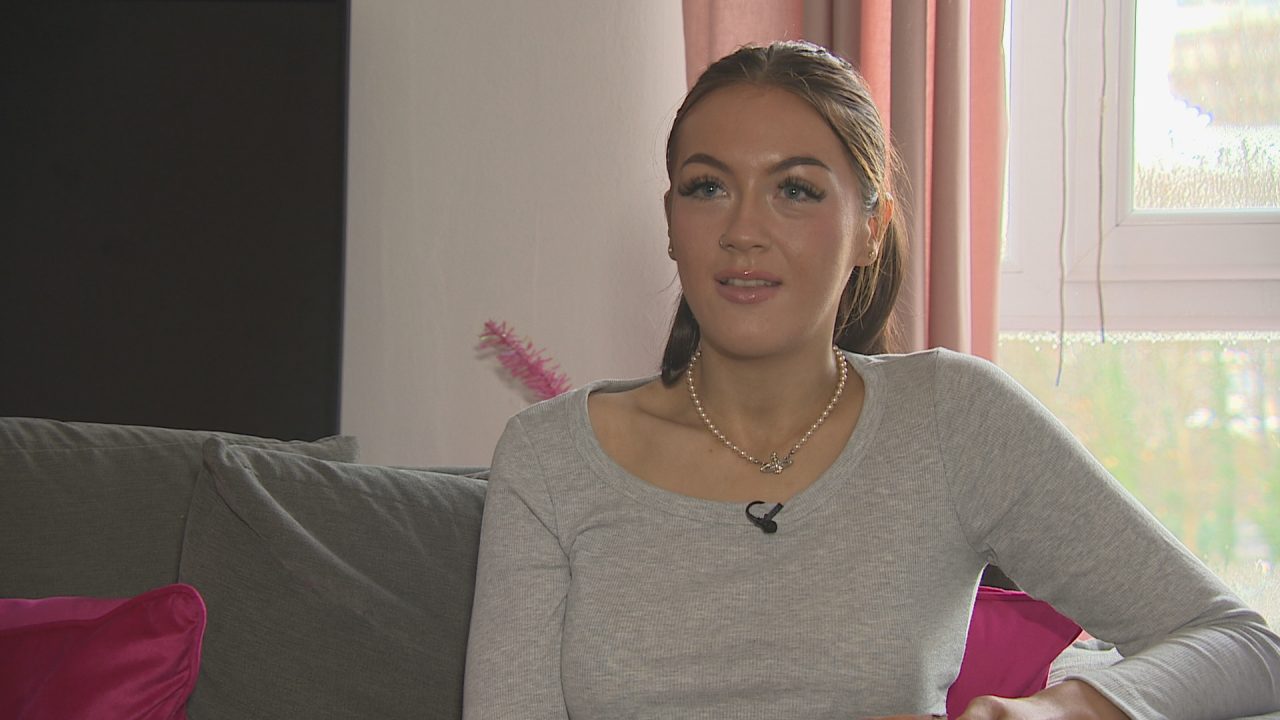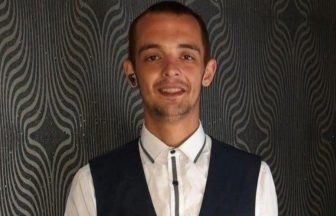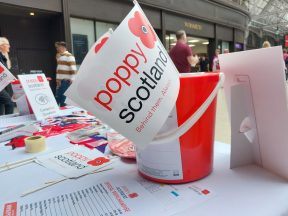Weight loss drugs have become a staple of social media, promoted by celebrities and influencers.
Medication such as Ozempic and Wegovy were originally designed to treat diabetes, but are now becoming a go-to for some people looking to lose weight.
Their increasing visibility is alarming for Tiegan Macdonald, who is in recovery from an eating disorder.
“I think it was at school that it started,” Tiegan told Scotland Tonight. “Obviously, people can be mean, especially around that age group, and I remember having really bad problems with my body, just thinking I didn’t look good enough.
“When I went to university, I wasn’t living at home, so there was no one really around to tell me: ‘You need to have breakfast, lunch, dinner’ and I kind of spiralled.”
At first, she thought she was on a healthy fitness journey but now doubts that was the case.
“I don’t know how true that was, but at the time, I was very convinced it was,” she told Scotland Tonight.
“I lost a lot of weight, and people were congratulating me, so I thought it was a good thing. But I wasn’t eating nearly enough, I was counting calories and stressing about food, and eventually, it got so bad. I came home, and my mum didn’t recognise me when I walked through the door.
“It was the first time I really accepted that I had an eating disorder. It was quite shocking to hear because it wasn’t what I thought an eating disorder was.
“I always thought it was just choosing not to eat, and I was still eating, just not a lot. So, I always thought, ‘Oh, I don’t have an eating disorder.’ But I definitely did.”
Now in recovery, Tiegan finds the societal obsession with weight loss and the praise for drastic transformations unsettling.
She said: “Someone once recommended a weight loss drug to me, not knowing about my past. And I think, if that had been a year earlier, I definitely would have taken it.
“I’d have been like: ‘Tell me more; I’m really interested,’ looking at before and after results. And it wouldn’t have been good for me.”
Alex Jones, national lead at the eating disorder charity BEAT, echoes those concerns. “Our main concern is that these drugs can be very dangerous for people who have an eating disorder because people can experience a very difficult-to-resist urge to lose weight.
“So these drugs become a very tempting option, even when they’re not really medically suitable.
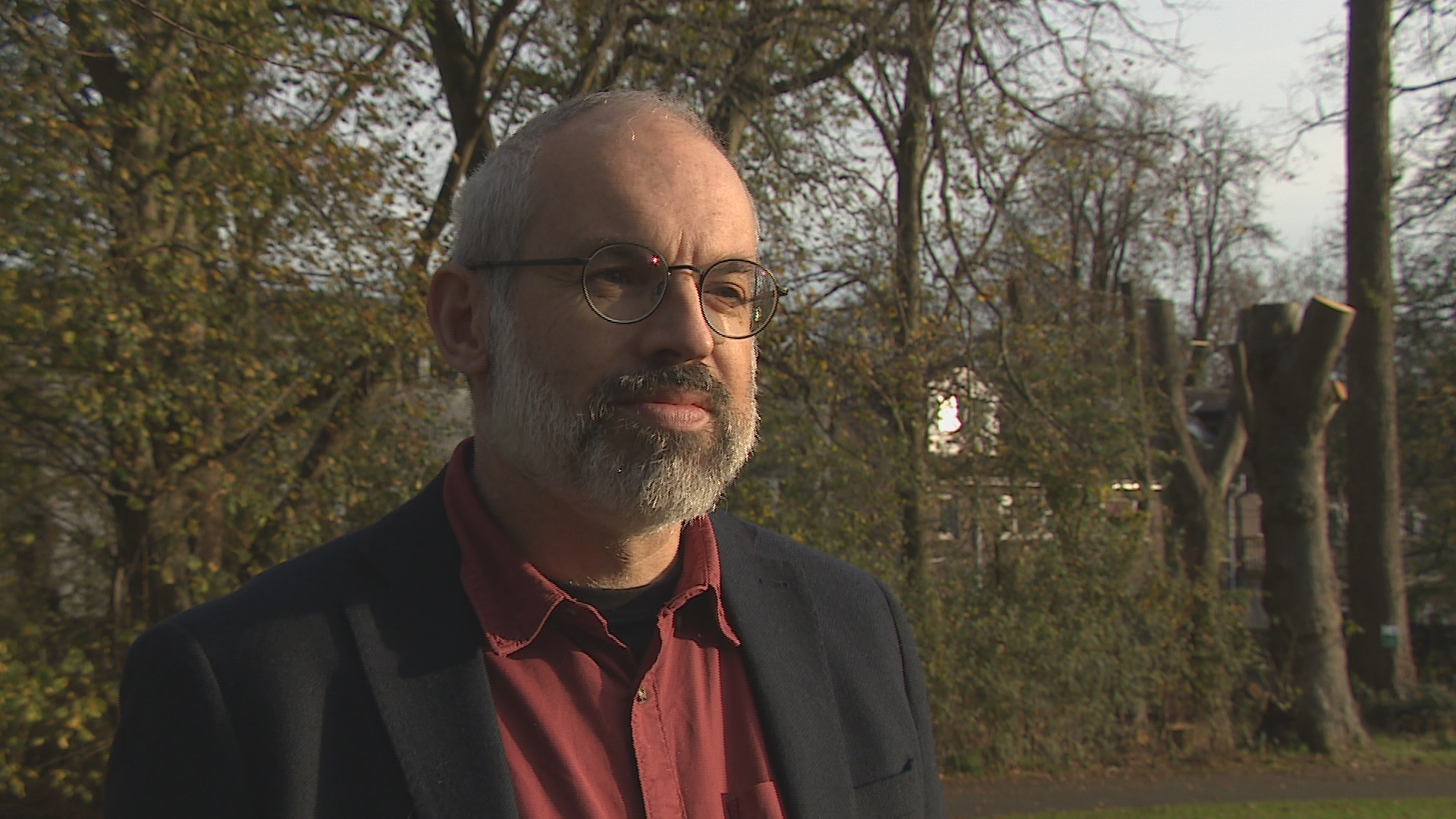 STV News
STV NewsTiegan explains how weight loss culture on social media contributed to her struggles.
“I would go on TikTok and see ‘what I eat in a day’ videos – maybe a banana, a coffee, maybe some porridge – and people would say, ‘Oh, I feel so fat today.’ And I’d think, ‘I ate way more than that. What’s wrong with me?’ It was a huge trigger in my mind.”
The prominence of weight loss drugs in casual conversations also troubles her.
“I was at a beauty appointment, and some girls were talking about a weight loss injection they’d been on, saying it worked wonders.
“They told me I should try it. I had to politely decline, but inside, I was panicking because I knew how much the conversation would mentally affect me.”
BEAT is calling for stricter regulations to prevent such weight-loss drugs from being accessed by vulnerable people.
“We’d like to see clinics or pharmacists screening everybody who gets access to these medications to make sure they don’t have an eating disorder,” says Jones. “If they do, they should be pointed toward proper psychological support instead.”
Tiegan’s recovery has been long and challenging, but with support from her family, friends and BEAT, she has made significant progress.
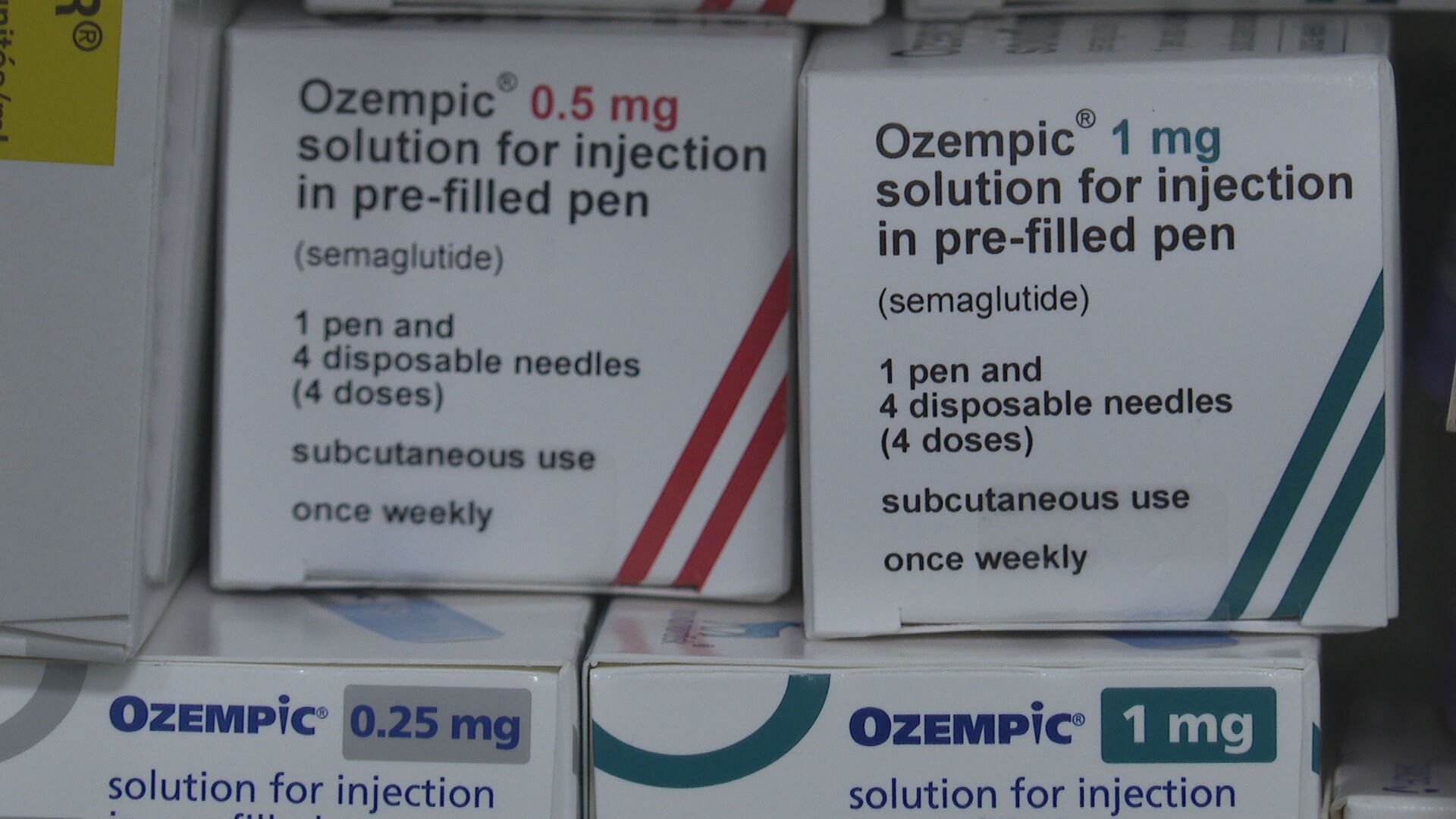 STV News
STV News“I think recovery is a constant thing. I don’t think I’ll ever be out of recovery – it’s just something you always have to keep in the back of your mind.
“But I’d say the start of my recovery was when I left university the first time, in summer 2022. Now, it’s just about constantly reminding myself: ‘Yes, your body is physically recovered, but your mind recovering is a constant thing for the rest of your life.’
“I’ve seen celebrities and influencers lose drastic amounts of weight and they’re not always honest about how they did it. It’s harmful, especially when people associate weight loss with happiness. That’s not the reality for everyone, and it certainly wasn’t for me.”
BEAT estimates that more than 100,000 people in Scotland are affected by eating disorders, and Jones stresses the importance of seeking help.
He said: “It’s nothing to be ashamed of. Recovery is possible, and support is out there. We urge anyone who’s struggling to speak to their GP or contact BEAT through our website or helpline.”
For Tiegan, the risks of easily accessible weight loss drugs are clear.
“If these drugs had been available when I was at my lowest, I probably would have taken them,” she said.
“That’s why I think they shouldn’t be so easily accessible – it’s just too dangerous for people like me.”
Beat is a leading charity for people with eating disorders. Its helpline (0808 801 0432) is open every day from 1pm to 9pm during the week, and 5pm to 9pm on weekends and bank holidays.
If you are in need of urgent help or medical advice for yourself or someone else you should contact 999 or the Samaritans on 116 123 if you or someone else is in immediate danger. If you are looking for medical advice contact your GP or 111.
Follow STV News on WhatsApp
Scan the QR code on your mobile device for all the latest news from around the country


